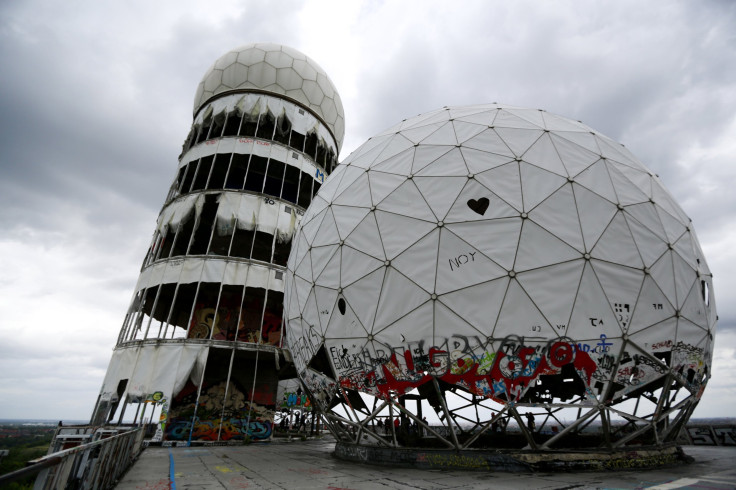Why Are Apple, Amazon Data Center Jobs Going To Europe? Blame The NSA

Add this to the fallout from the National Security Agency spying scandal: U.S. technology companies are building some of their most state-of-the-art data centers not in Silicon Valley or in ecologically favorable regions such as the Pacific Northwest, but in Europe, far from the NSA’s prying eyes. Big names such as Amazon.com Inc., Apple Inc. and Salesforce.com Inc. are undertaking the construction to appease European Union watchdogs who are mulling a host of new regulations to safeguard Europeans’ privacy in the wake of revelations made by NSA whistleblower Edward Snowden.
Along with bringing their blueprints and engineers, these companies are creating thousands of new, high-paying jobs that might otherwise have been located in the U.S.
NetSuite Inc., a rapidly growing company that sells cloud-based software for the back office, is planning to open two new data centers in Europe this year. CEO Zach Nelson said the sites will mean faster data connections for the firm’s customers there. They will also help NetSuite comply with Europe’s increasingly strict privacy regime. The new facilities “will make the question go away,” Nelson told International Business Times in an interview.
Meanwhile, Apple announced Monday it would spend $1.9 billion this year to build data centers in Denmark’s Jutland area and Ireland’s Galway county. In a statement, CEO Tim Cook said the facilities would create “hundreds of local jobs” and feature “some of our most green building designs yet.”
The data centers’ proximity to European customers will help services such as iTunes and Siri run more smoothly. Significantly, they will also keep Apple from running afoul of Europe’s new regulatory regime around data protection and privacy, some of which was adopted in the post-Snowden era.
Last month, the European Commission released a draft of the European Data Protection Regulation, which would impose consistent privacy rules on all member states. Among other things, the rules would extend across Europe the requirement that service providers store European customers’ sensitive personal data on servers physically located in Europe.
“Organizations now are becoming so much more acutely aware of their responsibilities in terms of data protection and protecting intellectual property,” said Garry Connolly, president of Host in Ireland, which promotes the country as a home for data centers. “In Ireland, we’ve always been a leader in taking a pragmatic approach to the sovereignty of data,” Connolly said.
Amazon opened a data center in Germany last year, while Salesforce, a provider of customer-relationship-management software through the cloud, opened a data center in the U.K. last October and plans to open centers in France and Germany in 2015.
European concerns about privacy when dealing with U.S. tech companies “has been an issue since the Patriot Act,” said David Cappuccio, managing vice president at tech research firm Gartner Inc. “If any vendor has an offering that can solve this problem through location alone, that’s a huge advantage.”
The rush to build data centers in Europe can’t all be pinned on the NSA. Cappuccio noted that the rise of streaming services such as those of Netflix Inc. and Google Inc.’s YouTube unit, which require high bandwidth to work well, means companies gain an edge by locating content closer to the point of consumption.
And there’s this, too: A number of U.S. tech companies, including Apple and Amazon, have come under the scrutiny of tax authorities in both Europe and the U.S. for setting up so-called European headquarters in low-tax countries, such as Ireland, where they have little business activity. Establishing key operations such as data centers could help make their European domiciles appear more legitimate.
With a number of reasons pushing America’s tech giants to build offshore, expect Europe’s data center boom to continue. “Businesspeople are businesspeople. Data is going to be kept where the end user, which is the most important aspect, is most comfortable with it,” said Host in Ireland’s Connolly.
© Copyright IBTimes 2024. All rights reserved.






















